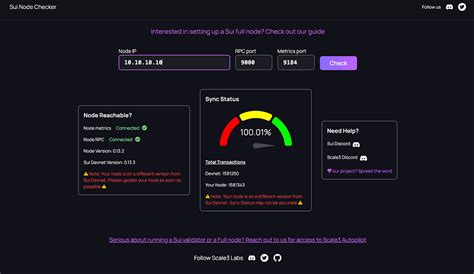“Confirming Crypto Transactions: A Guide to Rewards and Testing Platforms”
As cryptocurrency continues to gain popularity, the process of confirming transactions on a blockchain network has become increasingly crucial for users. In this article, we’ll delve into the world of crypto transactions, focusing on transaction confirmation, reward systems, and testing platforms.
What is Transaction Confirmation?

Transaction confirmation refers to the process of verifying that a cryptocurrency transaction has been successfully processed on a blockchain network. This involves the verification of two types of transactions: sender-receiver transactions (where one party sends funds to another) and fee payments (which are used to secure the network).
Reward Systems in Crypto Transactions
In most cryptocurrencies, reward systems are designed to incentivize users for participating in the network. These rewards can take various forms, including:
- Mining Rewards: In a proof-of-work-based cryptocurrency like Bitcoin, miners who solve complex mathematical puzzles (known as “mining”) receive newly minted coins.
- Transaction Fees
: As mentioned earlier, transaction fees are paid by users to secure the network and validate transactions. These fees can be used to incentivize users to participate in the network.
- Block Rewards: In a proof-of-stake (PoS) consensus mechanism, block rewards are awarded to validators who hold and maintain control of a specific block on the network.
Testnet Platforms for Crypto Transactions
A testnet is an experimental blockchain network used to test new features, test and develop protocols, and prepare for mainnet deployment. For crypto transactions, a testnet platform can be useful in:
- Testing Reward Systems: Before deploying reward systems on the mainnet, developers can test them on a testnet to ensure they’re functioning correctly.
- Validating Transaction Flow: Testnets provide a safe environment to experiment with complex transaction flows and validate their security and performance.
- Identifying Network Issues: Testnets help identify potential issues in the network, such as congestion or scalability problems, allowing developers to address these concerns before deploying on the mainnet.
Popular Crypto Transactions Platforms
Several platforms offer robust crypto transactions solutions, including:
- Binance: Binance offers a decentralized exchange (DEX) and a suite of cryptocurrencies with advanced transaction features.
- Coinbase: Coinbase provides a user-friendly interface for buying, selling, and trading various cryptocurrencies, as well as advanced transaction services like cross-border payments.
- Kraken: Kraken is an advanced cryptocurrency platform offering robust security features, including transaction verification and reward systems.
Conclusion
In conclusion, crypto transactions are the backbone of blockchain networks, enabling users to send and receive funds efficiently. Reward systems play a crucial role in incentivizing participation, while testnet platforms provide a safe environment for experimenting with complex protocols. By understanding how these concepts work together, developers can build robust and secure cryptocurrency solutions that meet user demands.
Stay tuned for more informative articles on crypto transactions, rewards, and testing platforms!

